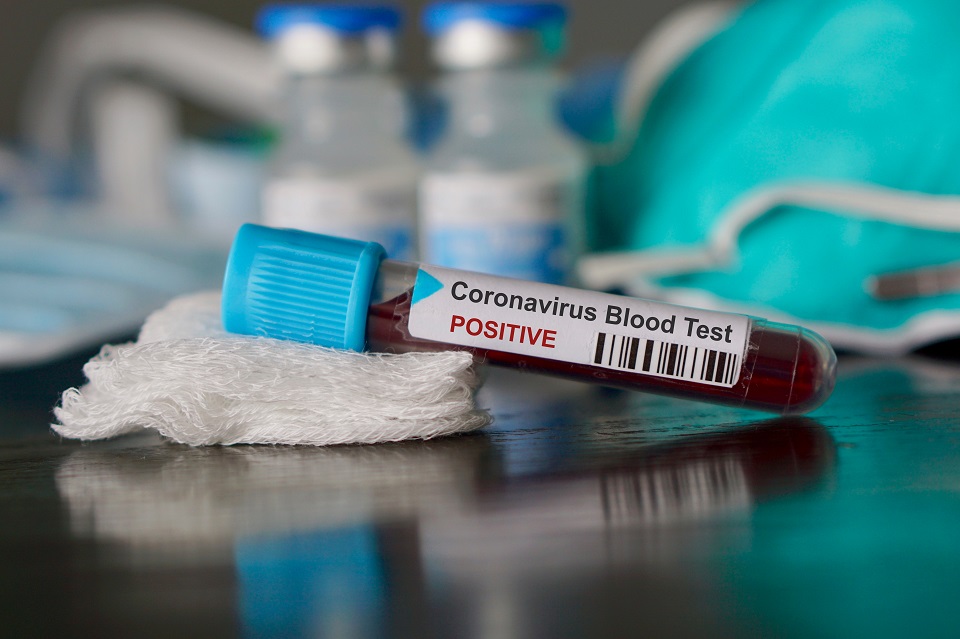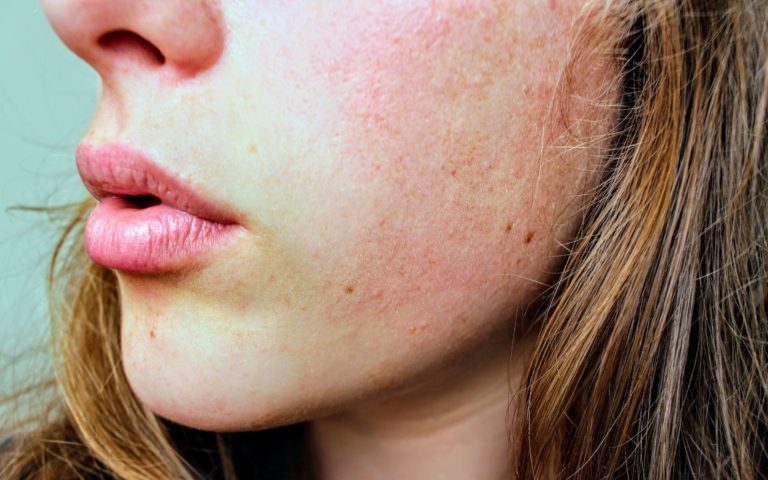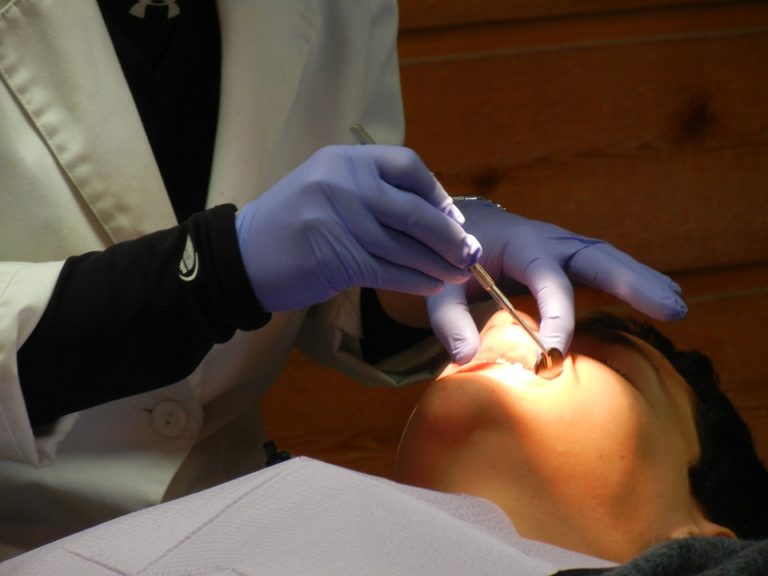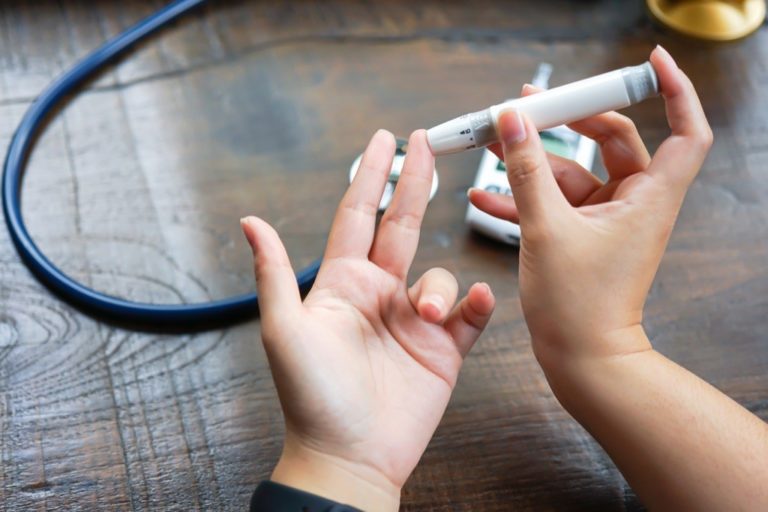
Up to this point, the coronavirus appears to be an equal opportunity pathogen when referring to those who get infected. The virus doesn’t seem to avoid certain individuals. “There’s not a difference in risk of transmission that we know of,” says S. Wesley Long, MD, PhD, assistant professor of pathology and genomic medicine at Houston Methodist Hospital.
However, there’s a difference between these individuals. While 80 percent of people will have mild or virtually no symptoms, it’s thought that the rest will get seriously or even critically ill. According to the Centers for Disease Control and Prevention, high-risk groups include older adults along with people who have serious chronic medical conditions.
In other words, 41 percent of adults aged 18 and over are at higher risk either because of their age or an underlying health issue, says a new report from the Kaiser Family Foundation.
Read on to discover the individuals who are most vulnerable to developing severe health issues if they are infected with COVID-19.


























1 thought on “Catching the Coronavirus: Who Is More at Risk of Severe Illness?”
May the Lord bring His mercy and healing to us. In Jesus precious name, amen. 🙏